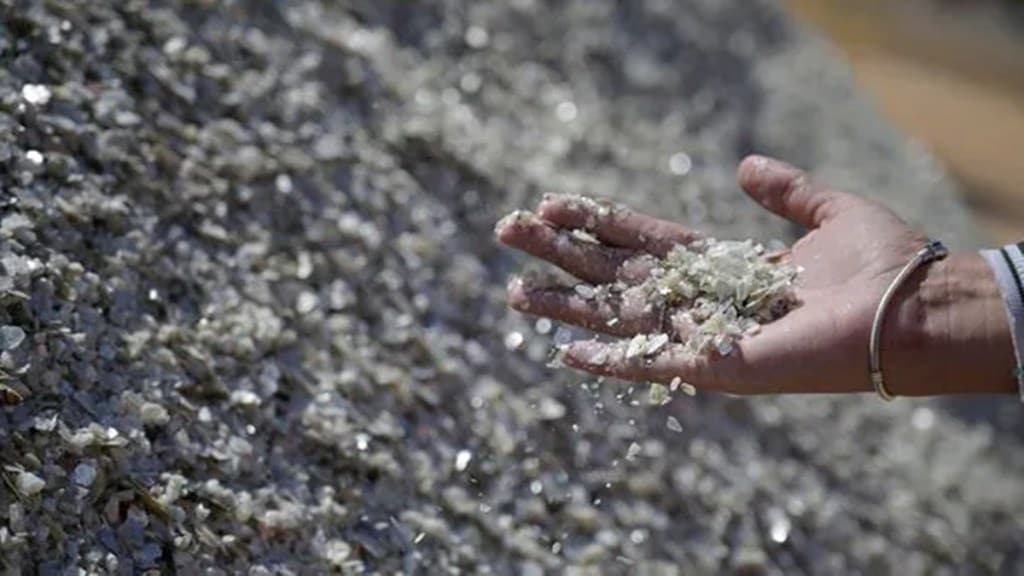Indications from Chinese authorities in July about easing restrictions on rare earth magnet exports to India, after external affairs minister S Jaishankar met his Chinese counterpart Wang Yi during the latter’s visit to India, have so far not translated into actual shipments. With supplies still stuck, auto and component manufacturers have turned to the government and their industry bodies for help in resolving the impasse.
Companies have begun reaching out to the ministries of heavy industries, commerce and industry, and external affairs to seek clarity on the situation. They have also urged the Society of Indian Automobile Manufacturers (Siam) and the Automotive Component Manufacturers Association of India (Acma) to take up the matter with the government and through diplomatic channels with China.
Supply chain disruption continues
Industry executives said suppliers in China continue to await formal approvals to resume shipments, leaving manufacturers in India uncertain. “Despite the indications from Beijing, there has been no movement on the ground. Our suppliers have not received clearance, and we are requesting Siam and Acma to escalate the matter with the government and the Chinese side,” said a senior executive of a leading original equipment manufacturer (OEM).
An official tracking the matter confirmed the lack of progress. “There has been no official communication from the Chinese authorities about any relaxation. Import orders are still pending without clearance,” the official said.
China had stopped shipments of rare earth magnets to India on April 4, citing regulatory reasons, disrupting the supply chain for automakers. Though July’s diplomatic discussions suggested some relaxation, the industry says that no shipments have been allowed since the ban came into effect.
The shortage has forced some OEMs to adopt stopgap measures. Motor sub-assemblies are being sent to China for integration of magnets before being re-imported to India, a process that increases costs and slows down production.
Critical role in EV transition
Rare earth magnets are a critical input in the automotive sector, especially in electric mobility. While a conventional passenger vehicle requires around 100 grams of these magnets, an electric car needs up to 3 kilograms. For electric buses, usage can range from 7 to 30 kilograms, making uninterrupted supplies essential for the industry’s transition towards electrification.
Acma president Shradha Suri Marwah last week said the industry is working to identify alternatives but acknowledged the difficulty of finding immediate solutions. “The Indian auto component sector does not have a near-term replacement for these imports. The industry is exploring long-term options like ferrite-based magnets, lighter rare earth alternatives, and magnet-less designs, but these are not ready to address the current shortage,” she said.
The government, meanwhile, has announced plans to set up a rare earth magnet manufacturing programme with an outlay of over Rs 5,000 crore. The initiative aims to build a local capacity of around 6,000 metric tonnes of permanent magnets.
